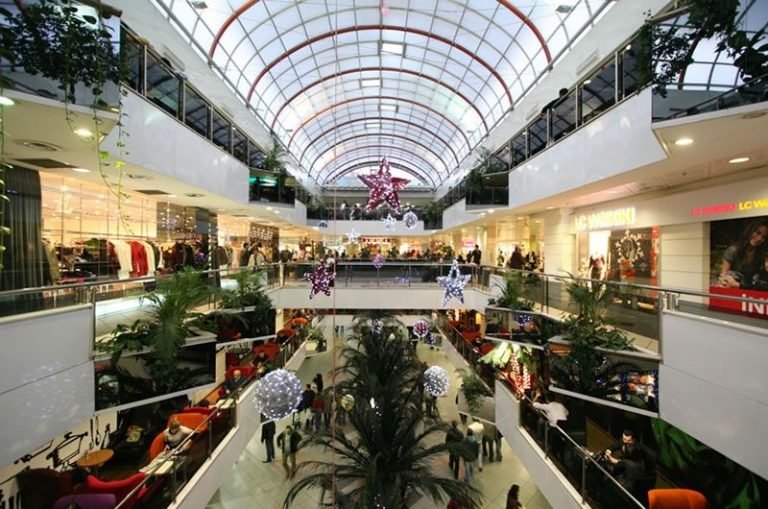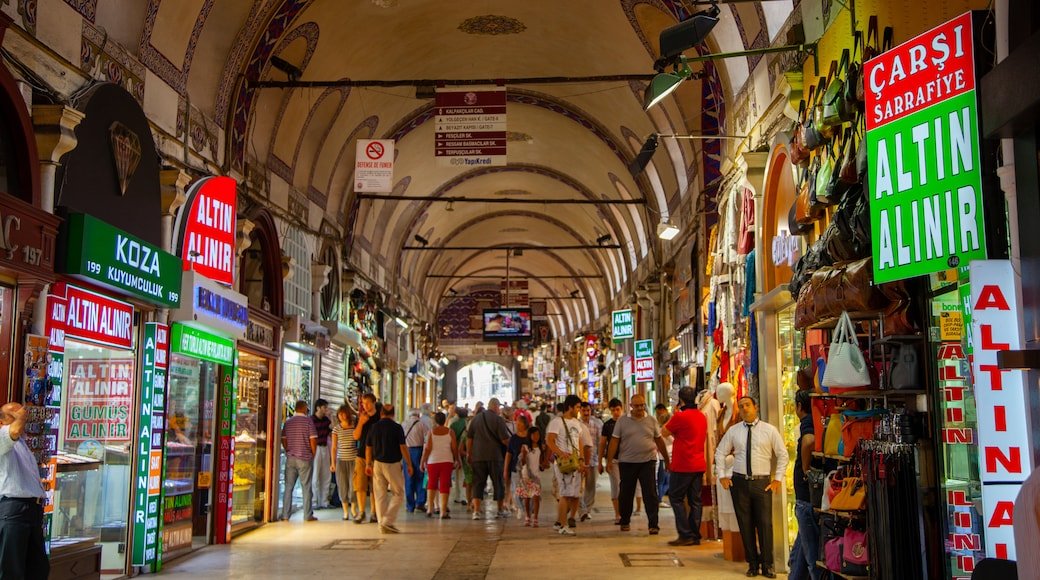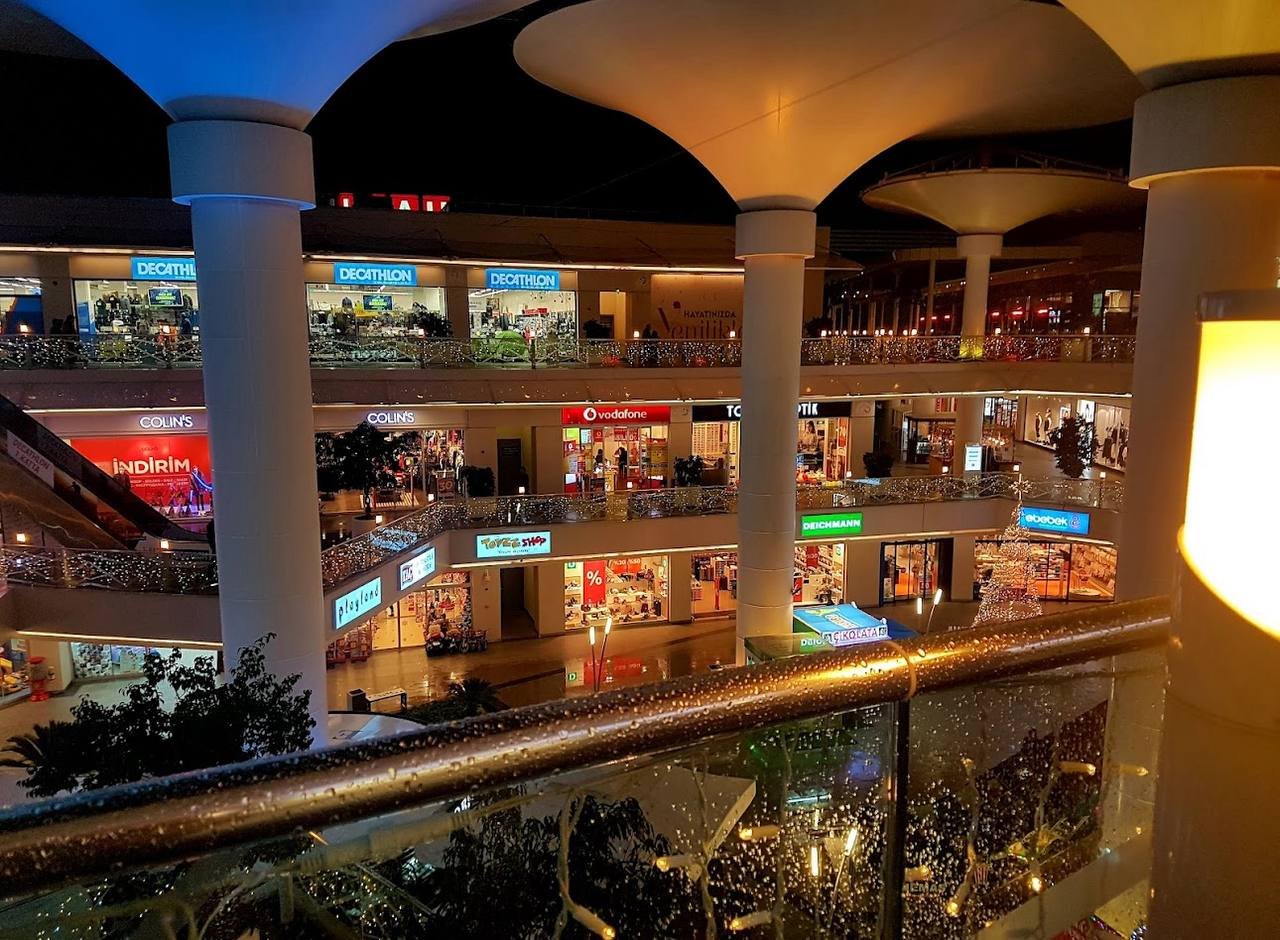
Shopping
🛍️ Shopping in Turkey: A Complete Travel Guide for Visitors
Shopping in Turkey is not just a transaction—it’s an experience that blends culture, craftsmanship, and color. From bustling bazaars to modern malls, Turkey offers a unique shopping journey for every traveler. Whether you’re looking for handwoven carpets, Turkish delight, designer fashion, or handcrafted souvenirs, Turkey is a shopper’s paradise.
In this guide, you’ll discover where to shop, what to buy, and how to make the most of your shopping experience in Turkey.
🕌 1. Traditional Bazaars: The Heart of Turkish Shopping
One of the most iconic parts of shopping in Turkey is visiting its historic bazaars. These marketplaces are full of vibrant stalls, colorful products, and the warm sound of bargaining.
Top Bazaars in Turkey:
-
Grand Bazaar (Kapalıçarşı) – Istanbul
One of the world’s oldest and largest covered markets with over 4,000 shops selling jewelry, carpets, ceramics, leather goods, and more. -
Spice Bazaar (Mısır Çarşısı) – Istanbul
Perfect for Turkish spices, tea, dried fruits, nuts, and sweets. -
Kemeralti Bazaar – Izmir
A traditional market offering textiles, local food, clothing, and crafts. -
Arasta Bazaar – Istanbul (Sultanahmet)
A smaller, quieter bazaar near the Blue Mosque, ideal for handmade goods and souvenirs.
🏬 2. Modern Shopping Malls in Turkey
If you prefer modern retail experiences, Turkey is home to world-class shopping malls with international and Turkish brands.
Popular Shopping Malls:
-
Istinye Park – Istanbul
Luxury and high-street brands, restaurants, and cinemas. -
Zorlu Center – Istanbul
High-end shopping with brands like Louis Vuitton, Apple, and Turkish designers. -
Forum Istanbul
One of the largest malls in Europe, offering fashion, electronics, and entertainment. -
TerraCity – Antalya
A stylish mall featuring both Turkish and global fashion labels.
🧿 3. What to Buy in Turkey
Wondering what to take home from Turkey? Here are some top Turkish products worth buying:
-
Turkish Carpets & Kilims – Handwoven and colorful, perfect as home decor.
-
Spices & Herbal Teas – From saffron to rose tea, Turkish flavors are unforgettable.
-
Evil Eye (Nazar Boncuğu) – A traditional symbol for protection.
-
Turkish Delight (Lokum) – Soft, sweet, and flavored with rose, pistachio, or pomegranate.
-
Ceramics & Pottery – Especially the famous İznik tiles and painted bowls.
-
Leather Goods – High-quality bags, jackets, and shoes at competitive prices.
-
Gold & Silver Jewelry – Turkish designs often feature filigree and Ottoman styles.
-
Olive Oil Products – Soaps, oils, and cosmetics made from Aegean olives.
💳 4. Payment and Bargaining Tips
-
Currency: Turkish Lira (₺) is the official currency. Most shops accept credit and debit cards.
-
Bargaining: Common in bazaars. Start by offering about 60–70% of the asking price and negotiate respectfully.
-
Tax-Free Shopping: As a tourist, you can claim VAT refunds on purchases over a certain amount. Look for shops with the “Tax Free” logo and keep your receipts.
🕒 5. Best Times to Shop
-
Weekdays: Quieter and more relaxed shopping environment.
-
Sales Seasons: Major sales usually happen in January-February and July-August.
-
Ramadan & Eid: Many stores offer discounts before religious holidays.
🛍️ 6. Shopping in Popular Turkish Cities
-
Istanbul: A mix of traditional bazaars, boutiques, and luxury malls.
-
Antalya: Great for souvenirs and resort fashion.
-
Cappadocia: Known for handmade pottery, wines, and carpets.
-
Bursa: Famous for silk products and Ottoman-inspired crafts.
-
Gaziantep: Ideal for local spices, pistachios, and copperware.
✈️ Final Thoughts: Shopping in Turkey
Shopping in Turkey is more than just buying—it’s about exploring culture, meeting artisans, and discovering unique treasures. Whether you’re wandering through ancient bazaars or browsing sleek modern malls, you’ll find something to suit every taste and budget. With friendly vendors, rich traditions, and high-quality goods, shopping in Turkey is an experience every traveler should enjoy.

Shopping in Turkey









Where and What To Buy

